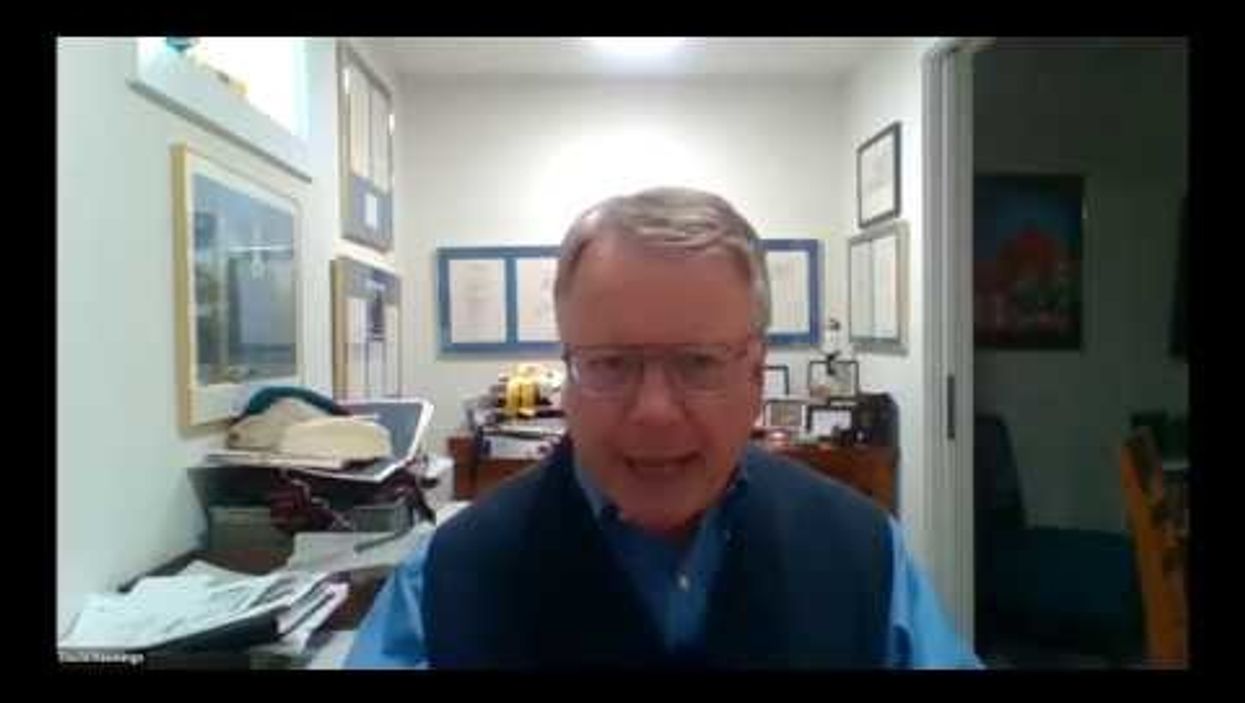A pandemic. Battles over millions of mailed-in ballots. The Supreme Court deciding an Electoral College dispute. The accelerated undoing of democratic norms. Dozens of legal battles over election administration and voting rights. Each would be enough to create unprecedented challenges to an election. But all are present this year, positioning Election Day 2020 and the days after to face challenges rarely as intense before. As Nov. 3 approaches, voters, government officials, candidates and the media may become overwhelmed by the many storylines, the shifting landscape and the potential outcomes. Preparation needs to start now.
The Fulcrum convened an expert panel to discuss these issues and more on June 9. Editor-in-Chief David Hawkings moderated the webinar, which also included:
- Bryan Monroe, associate professor of practice at Temple University's Klein College of Media and Communication. Before joining Temple, Bryan was editor of CNNPolitics and Washington opinion editor for CNN; president of the National Association of Black Journalists; and editor-in-chief of Ebony & Jet magazines.
- Trevor Potter, president of the Campaign Legal Center. Trevor is a past chairman of the Federal Election Commission and was general counsel to John McCain's 2000 and 2008 presidential campaigns.




















